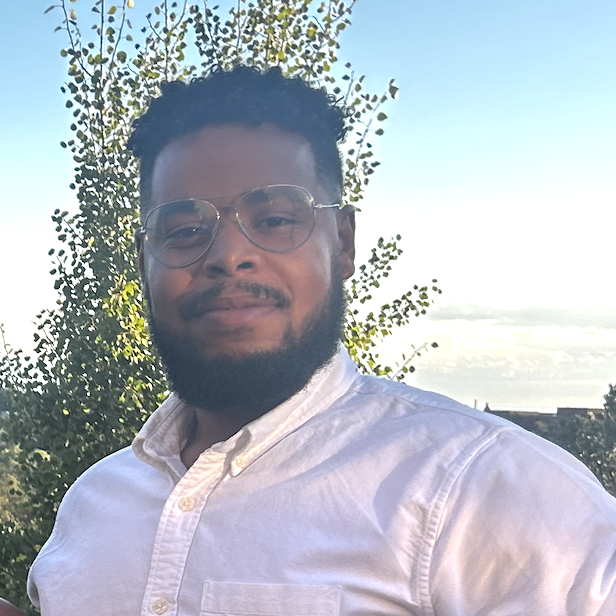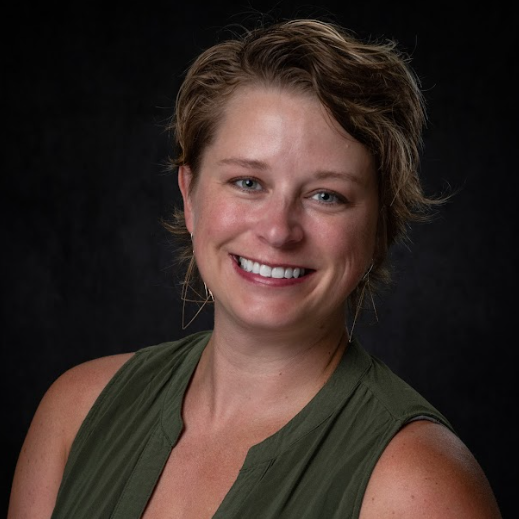Press Release
ELECTION DAY BACKGROUNDER ON WHAT’S OK AT POLLING PLACES AND WHAT’S NOT
To: NM Editors and Reporters
Re: New Mexico General Election Coverage
From: Common Cause New Mexico
Contact: Mason Graham at 505-417-4012 or mgraham@commoncause.org
Date: Oct. 16, 2024
ELECTION DAY BACKGROUNDER ON WHAT’S OK AT POLLING PLACES AND WHAT’S NOT
Expanded early voting in NM’s 33 counties starts Saturday Oct. 19, with early polling places set to close on Saturday, Nov. 2. As Election Day approaches on Nov. 5, officials from the Attorney General (AG) and the NM Secretary of State’s (SOS) office are standing by in case of obstruction or misinformation at polling places and absentee ballot counting stations.
VOTERS EXPERIENCING PROBLEMS CAN CALL THE NON-PARTISAN COMMON CAUSE/ACLU HOTLINE AT 866-OUR-VOTE OR 888-VE-Y-VOTA FOR SPANISH SPEAKERS.
To assist in your coverage, we thought you’d like to know exactly what is permitted and what is illegal, according to New Mexico and federal law.
In General:
Registered voters in New Mexico are guaranteed the right to vote privately, free from discrimination and intimidation — without presenting photo ID, unless the voter is registering for the first time or has registered to vote by mail for the first time without providing identification. For a complete listing of these rights see http://www.sos.state.nm.us/voting-and-elections/voter-information-portal/voter-bill-of-rights.
On Election Day:
As in the past, the SOS and AG have warned of overly aggressive partisan poll watchers and challengers who may interfere with the election, intimidate voters or dominate the election officials’ time and thus delay and discourage voting. However, there’s a long tradition of poll watchers, challengers and official poll workers who are there legally. Here’s who they are:
Poll Workers – Each precinct has a board with a presiding judge and clerks, paid to conduct the election by the County Clerk. Often these are senior citizens who have done it for years. County Clerks are tasked with balancing party representation when appointing poll workers to their posts. For the past few months, county clerks and the SOS have been recruiting for these paid positions, which require training and long hours.
Challengers – The County Chair of each political party can appoint in writing, and in advance, challengers for each polling location, who must be from the county in which the polling place is located and wear identification. They may not be candidates or police officers. These challengers must be approved by the SOS. Challengers may present challenges to the officials if they believe a voter isn’t registered, has already voted or is not qualified to vote. They may not talk to or harass voters, issue challenges with no basis or dominate an election workers time, thus delaying voting. A presiding judge may remove challengers who interfere with the voting process or the work of the poll officials in conducting the election and carrying out their assigned tasks.
Poll Watchers – are generally appointed by election-related organizations like Common Cause or the League of Women Voters and approved by the SOS in advance to monitor the conduct of the election. Any group of three candidates for elected office may also appoint watchers in a county if the candidates provide a written notice to the SOS at least seven days prior to the election date and specify the names of the qualified appointees. These watchers often monitor turn-out and relay messages back to the campaigns about who has or has not voted. “Observers” are usually academics approved by the SOS or international observers authorized by the State Department.
Peace Officers – Police officers are permitted at the polling place upon request of election officials for the purpose of observing the conduct of the election. However, police officers may not interfere with voting procedures except to maintain order. Uniformed police officers and poll watchers wearing official-seeming clothing in polling places have been found to intimidate voters, so they are rarely called.
Note: sheriffs, deputy sheriffs, marshals, deputy marshals or state or municipal police officers may not serve as party challengers, watchers or observers.
What to watch for:
Intimidation: Intimidation may come from poll workers, challengers, watchers or voters and may include:
- Aggressive behavior inside or outside the polling place.
- Blocking the entrance to the polling place.
- Direct confrontation or questioning of voters or asking voters for documentation where none is required.
- Disrupting voting lines inside or outside of the polling place.
- Disseminating false or misleading election information.
- Election workers treating voters differently in any way based on race or other protected characteristics.
- Brandishing of weapons. (See below)
- Photographing or videotaping voters to intimidate them.
- Poll watchers or party challengers confronting, hovering or directly speaking to voters.
- Posting signs inside the polling place of penalties for “voter fraud” based on voting or support for a candidate.
- Challenges to voters by election workers and party challengers that are made without a stated good faith basis.
- Challenges by anyone other than a member of the precinct board or by a party challenger.
- Using raised voices, insulting offensive or threatening language, or making taunting chants inside the polling place.
- Vandalism of polling places.
- Verbal or physical confrontation of voters by persons dressed in official-looking uniforms.
- Violence or using the threat of violence to interfere with a person’s right to vote.
Note: A 2023 NM state law defines intimidation and punishes it as a 4th degree felony. According to the law intimidation means “to induce fear by the use of force, violence, infliction of damage, harm or loss or any form of economic retaliation for the purpose of impeding or preventing the free exercise of the elective franchise or the impartial administration of the election code.”
Native American Voting Rights Act: We should also note that the November 2024 is the first election with the NM Native American Voting Rights Act (NAVRA) enacted, which expands access and reduces barriers to the ballot box, particularly for Native American voters with nonstandard USPS addresses. We encourage voters, media and poll watchers to notify the 866-OUR-VOTE hotline if there are any voting issues on New Mexico’s tribal lands.
Guns: A 2024 state law prohibits firearms within 100 feet of the door to a polling and within 50 feet of a drop box except for those carried by police officers or persons with a license to carry a concealed firearm. The prohibition does not apply to guns carried or stored in a private automobile or other private means of transportation.
Reporting Questionable Incidents:
Protect the Vote Hotline at 866-687-8683 (866-OUR-VOTE) or 888-VEY-VOTA for Spanish speakers is a nationwide non-partisan program staffed by lawyers. Protect the Vote and Common Cause will have volunteer poll watchers at polling places around the state on election day to assist voters and feed questions into this number, which is staffed by lawyers and law students and operated in cooperation with the ACLU and the Lawyers’ Committee for Civil Rights.
NM Secretary of State: 1-800-477-3632
NM Attorney General: 1-844-255-9210
Members of the media may want to monitor these hotlines on Election Day to see where problems exist.
Legal Consequences:
State Law:
According to NM law (NMSA 1978 Section 1-20) the following actions are illegal and subject the violator to a misdemeanor and in some cases a felony:
- Disturbing the polling place, which consists of creating any disorder or disruption at the polling place on Election Day, or consists of interfering with, in any manner the conduct of the election or with a member of the precinct board, voter, challenger or watcher, in the performance of his duties.
- Blocking the entrance to a polling place or approaching closer than 50 feet from the entrance unless authorized
- Campaigning closer than 100 feet from the entrance of a polling location.
Federal Law:
- Individuals who discriminate against voters based on race, ethnicity, national origin, language, disability or religion, can be fined up to $5,000 and face up to five years in prison.
- Election officials and private citizens are prohibited from conspiring with others to deprive a voter of their right to vote.
- Individuals who conspire with others to interfere with a person’s right to vote can face up to 10 years in prison.
For more information go to https://www.sos.state.nm.us/voting-and-elections/voter-information-portal/
Common Cause is a nonpartisan grassroots organization dedicated to upholding the core values of American democracy. We work to create open, honest, and accountable government that serves the public interest; promote equal rights, opportunity, and representation for all; and empower all people to make their voices heard as equals in the political process.

